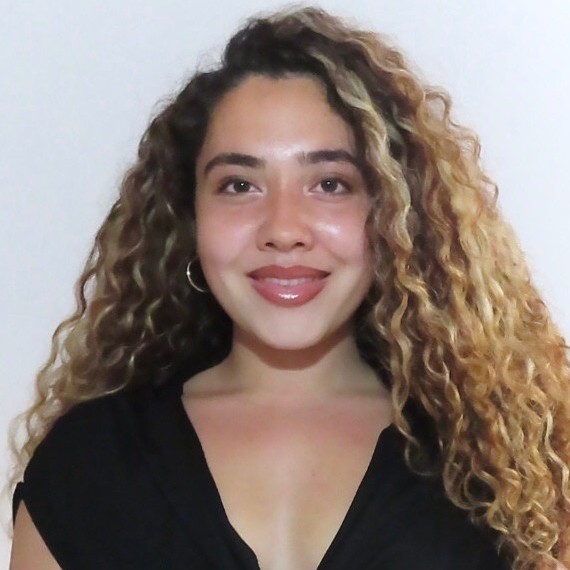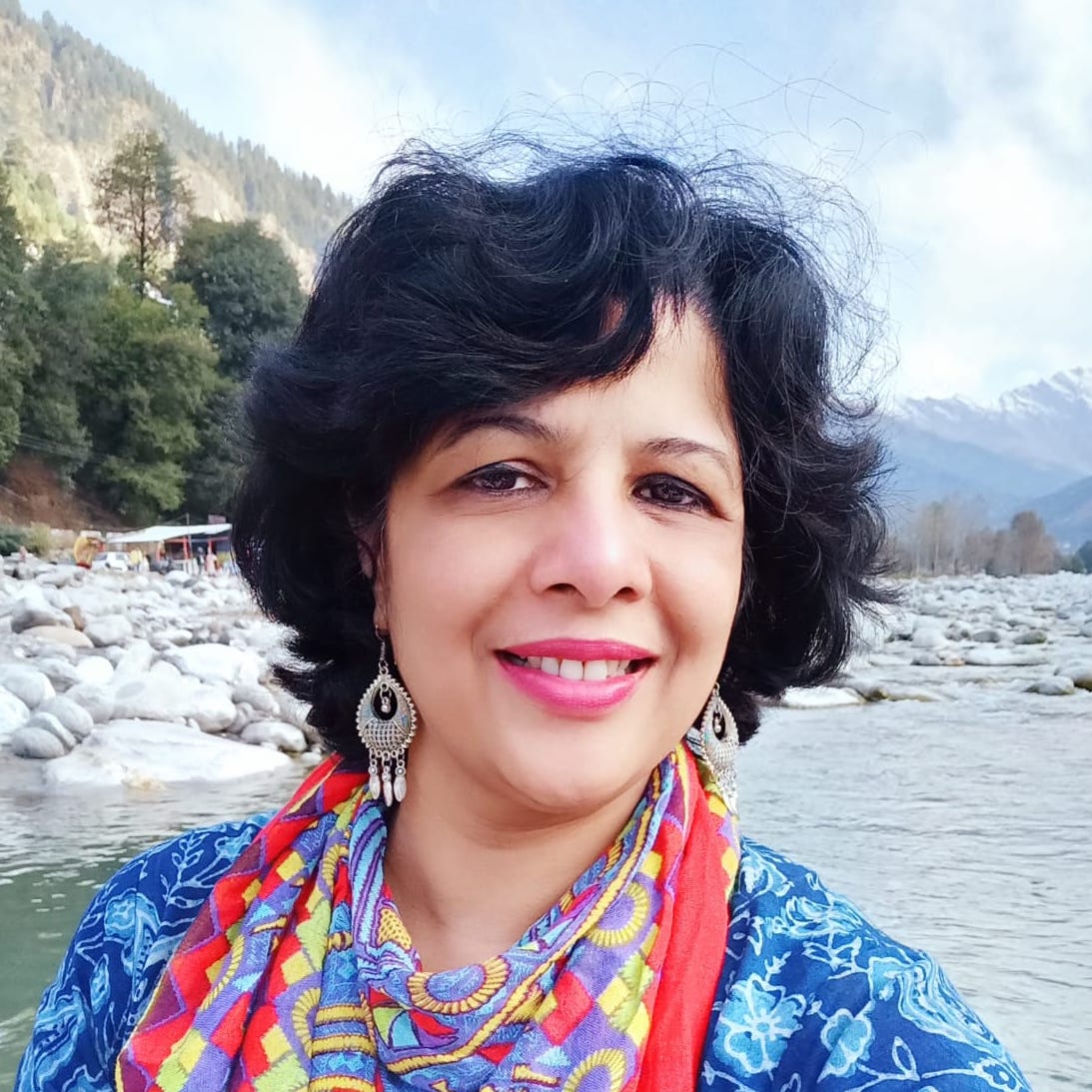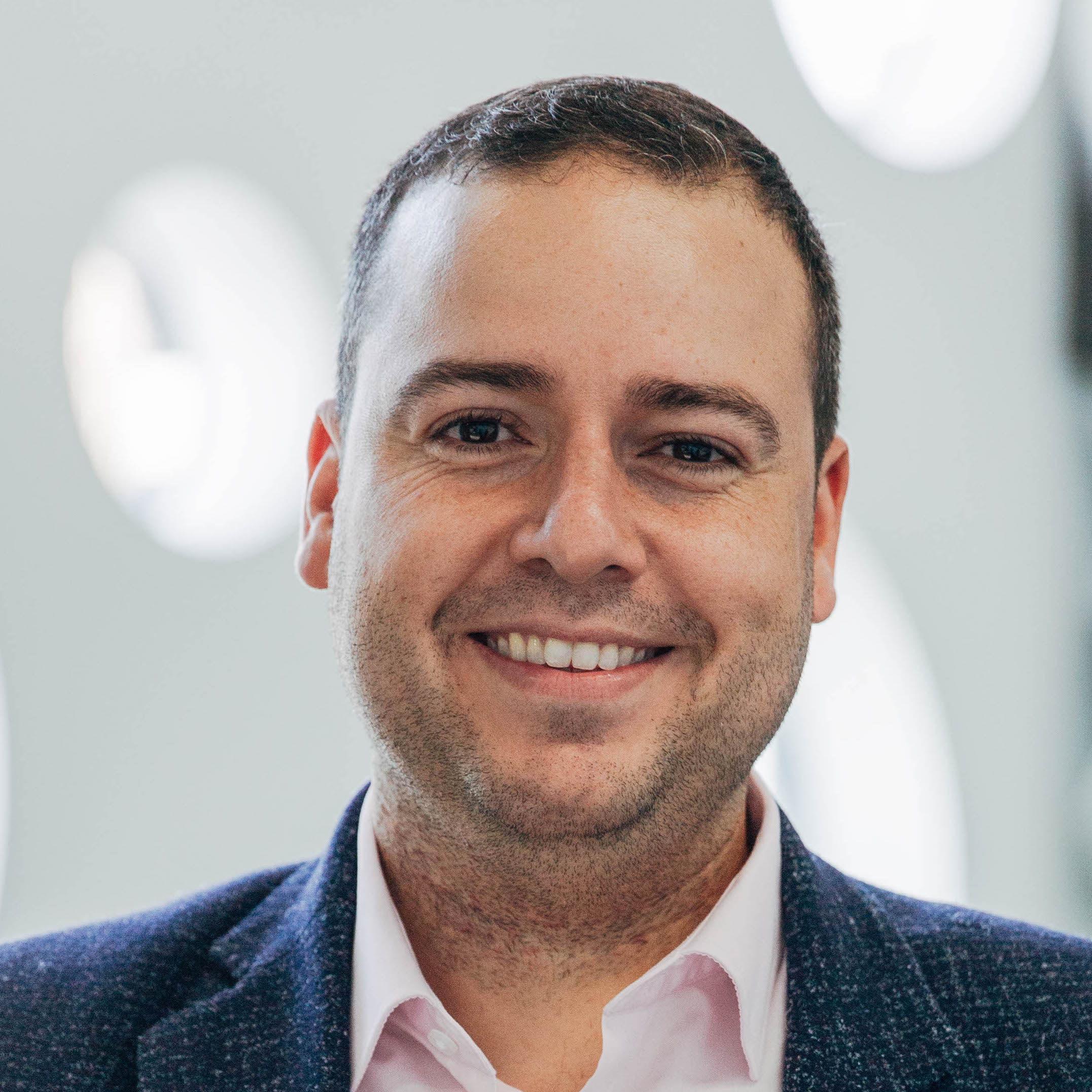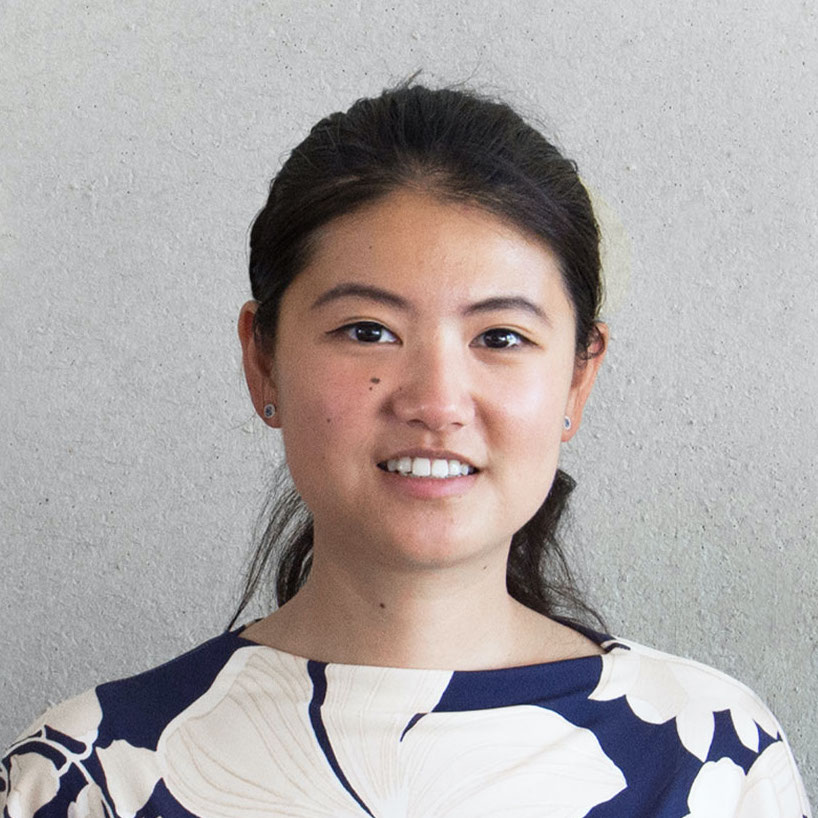Noris Obijiaku

Profession: Architecture Assistant
City: London
Country: United Kingdom
What inspired you to want a life in Architecture and the creative industries?:
I chose architecture as a path I want to follow in my career over everything else because I love the ability to design spaces that positively impacts people physically and emotionally. I believe that we all have a duty to contribute something into the world and we should always seek to help others and improve peoples situation, which for me took the form of architecture. My strong desire to understand why things are designed the way they are drives me wanting to learn more about architecture, and how I can utilise my skills to contribute in this industry and improve peoples lives. Finally, doing something that no ones else has done is really fascinating to me, but it can only be accomplished with more knowledge and experience.
Who inspired you in finding your path to Architecture/Film and the creative industries?:
In 2017, I went on a school trip to The Investcorp – University of Oxford. The mirrored tunnel, which appears to be floating in space, caught my attention. The contemporary design stood out against the older Victorian building, and Zaha Hadid’s daring approach inspired me. The smooth curvy form was consistent with Zaha Hadid’s design ethos, which influenced my perspective on how architecture should look. It should be beautiful, inspirational, and fresh.
How you unlock obstacles and overcome bias in your work?:
Growing up on a council estate and being one of the few black architecture students, I was often subjected to stereotyping. The stereotype associated with council estates was that they were crime-ridden and dysfunctional, and I’ve always wondered why this is the case. So I made this my dissertation topic and set out to find solutions. I also started making block films online in which I explore and break down these locations with the goal of changing people’s perceptions of these sinking estates. My technique for overcoming challenges is to seek diverse perspectives by asking other students for their thoughts and opinions, which has helped me identify blind spots in my work.
What improvements do you feel are required to promote effective change in the academic and working environment?:
Some improvements that will positively impact the field of architecture include creating an environment where people feel free to express their ideas regardless of their background, as well as having an age-inclusive system that inspires the youth to have a voice. Collaborate work is essential to accomplish this as it will enable people to reach their full creative potential without feeling restricted.














